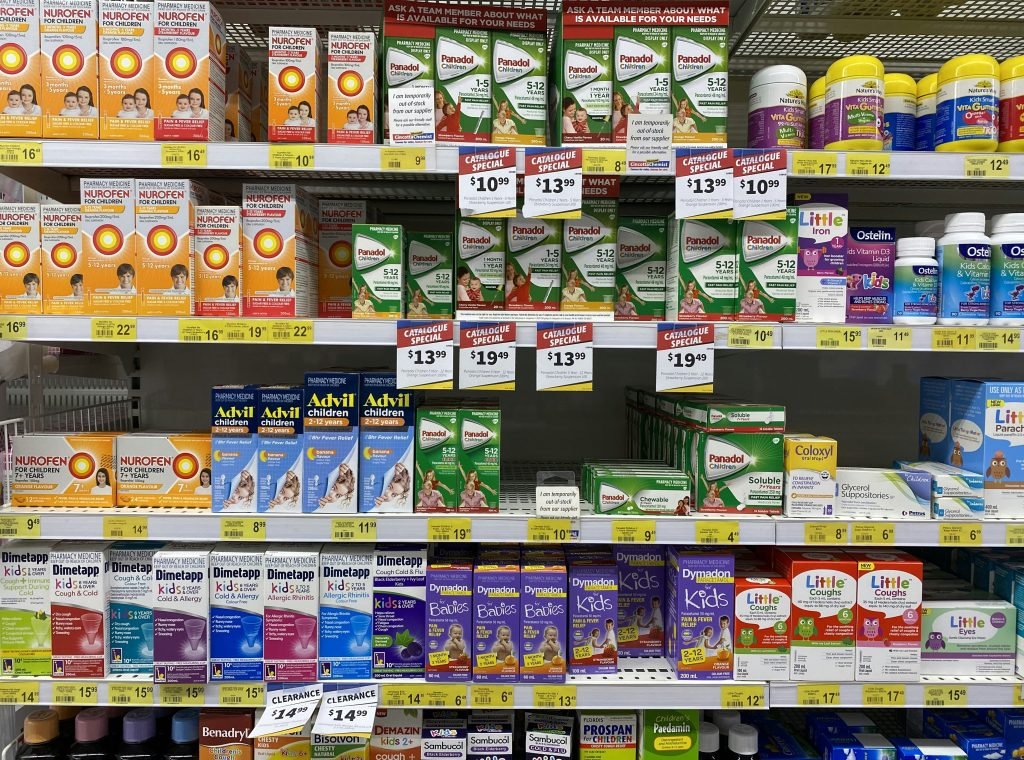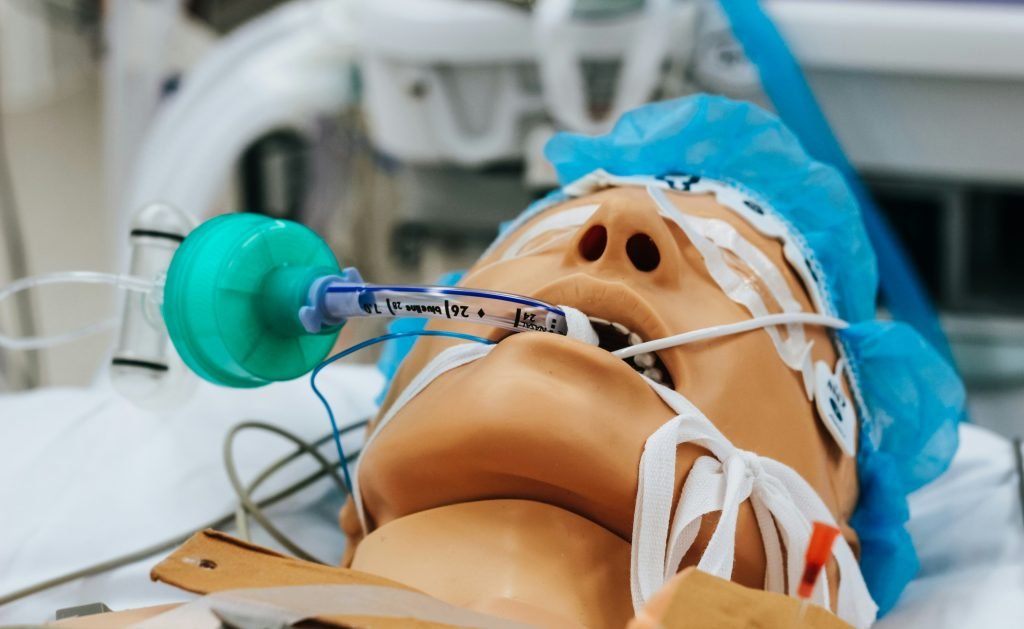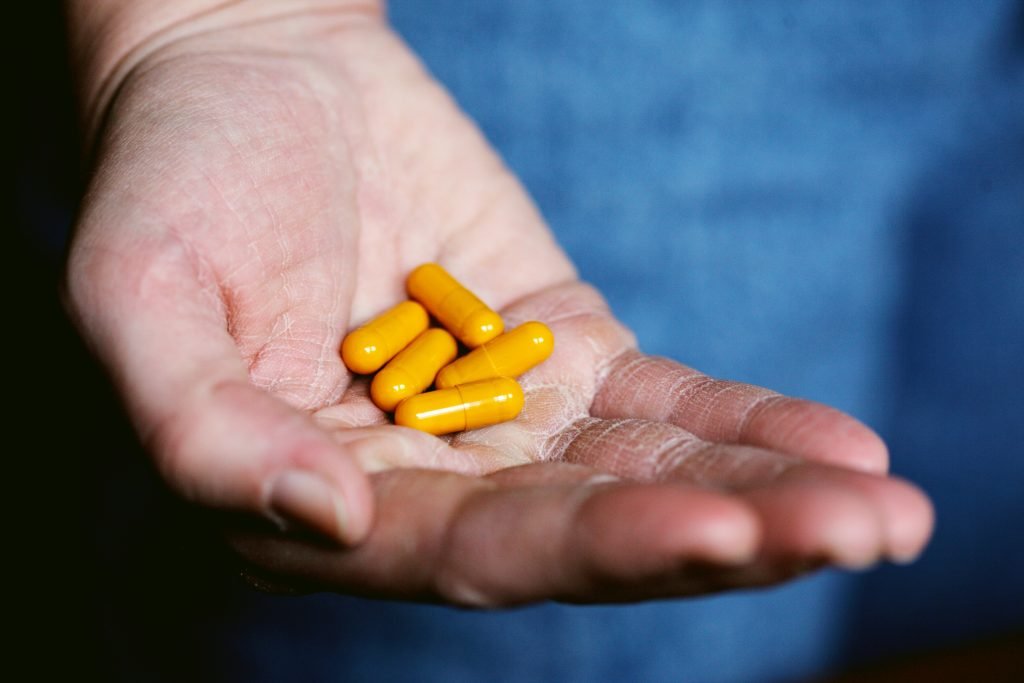If you’re struggling to afford the high costs of medication, you may be wondering if there are nonprofit organizations out there that can lend a helping hand. The good news is that there are indeed nonprofits dedicated to providing financial assistance for medication expenses. Whether you’re facing the burden of chronic conditions or unexpected medical bills, these organizations aim to alleviate the financial strain and ensure that you have access to the medications you need to maintain your health and well-being. In this article, we’ll explore some of the nonprofit organizations that offer assistance with medication costs, guiding you towards potential resources that could make a significant difference in your life.

This image is property of images.unsplash.com.
Introduction
When it comes to maintaining good health, access to affordable medication is crucial. However, rising medication costs can pose a significant financial burden for many individuals and families. Thankfully, there are nonprofit organizations and government assistance programs available to provide support and help alleviate this burden. This article aims to provide a comprehensive overview of these resources, including an exploration of the factors affecting medication costs, the challenges in affording medications, and the importance of assistance programs.
Overview of Medication Costs
Medication costs can vary greatly depending on several factors. The price of medications is influenced by various elements, such as research and development costs, manufacturing expenses, and marketing efforts. Pharmaceutical companies invest significant resources into developing new medications and ensuring their safety and efficacy, which can contribute to higher costs. Additionally, the complexity of certain medications or limited competition in the market can also drive up prices.
Factors affecting medication costs
Several factors can influence the cost of medications. Brand-name medications tend to be more expensive than generic equivalents, as pharmaceutical companies hold exclusive rights to their production for a certain period. Additionally, the complexity of the medication, the rarity of the condition it treats, and the presence of rare or expensive ingredients can increase costs. The lack of generic alternatives and limited competition within the market can further contribute to higher prices.
Challenges in affording medications
The high costs of medications can present significant challenges for individuals and families. Many people struggle to afford necessary medications, particularly those without comprehensive health insurance coverage. Uninsured or underinsured individuals often face the difficult choice between purchasing medications or paying for other essential needs, such as housing or food. As a result, they may forgo necessary treatments, leading to adverse health outcomes and decreased quality of life.
Importance of assistance programs
Assistance programs play a vital role in ensuring access to affordable medications for those in need. They provide financial support, discounted medications, prescription savings cards, and medication donation and redistribution programs. These resources can help individuals and families afford necessary medications, improving their overall health and well-being. By alleviating the financial burden, assistance programs contribute to better treatment adherence, preventing complications, and promoting positive health outcomes.
Government Assistance Programs
Government assistance programs are an essential resource for individuals who require help affording medications. Here are some notable programs:
Medicaid
Medicaid is a joint federal and state program that provides healthcare coverage to low-income individuals and families. This program covers a wide range of medical services, including prescription medications. Eligibility requirements vary by state, but generally, individuals with limited income and resources are eligible for Medicaid. To apply, individuals can contact their local Medicaid office or visit the Medicaid website for more information.
Medicare
Medicare is another government program that helps individuals aged 65 and older, as well as certain younger individuals with disabilities, access healthcare services. Medicare Part D is the prescription drug coverage portion of Medicare, which provides a range of medication options. Eligible individuals can enroll in a Part D plan or a Medicare Advantage plan that includes prescription drug coverage. To apply for Medicare, individuals can visit the official Medicare website or contact the Social Security Administration.
State Pharmaceutical Assistance Programs (SPAPs)
State Pharmaceutical Assistance Programs (SPAPs) provide additional prescription drug coverage to individuals who are eligible for Medicare but still face challenges in affording medications. SPAPs vary by state and may offer assistance with premiums, copayments, or medication costs. Eligibility criteria and application processes can differ, so individuals should consult their state-specific SPAP for more information.
Extra Help Program
The Extra Help Program, also known as the Low-Income Subsidy (LIS) program, is a federal program that helps individuals with limited income and resources access Medicare prescription drug coverage at reduced costs. The program assists with premiums, deductibles, and copayments, allowing eligible individuals to afford necessary medications more easily. To apply for Extra Help, individuals can contact the Social Security Administration or visit the official Medicare website for guidance.
Nonprofit Organizations Providing Medication Assistance
In addition to government assistance programs, numerous nonprofit organizations are dedicated to helping individuals afford medications. These organizations offer a range of resources, including financial assistance for medication costs, discounted medication programs, prescription savings cards, and medication donation and redistribution initiatives. Some notable organizations include:
Patient Access Network Foundation
The Patient Access Network Foundation (PAN Foundation) offers financial assistance to individuals with chronic or life-threatening diseases, helping them access the medications they need. The foundation provides grants that cover copayments, deductibles, and other out-of-pocket medication costs. To determine eligibility and apply for assistance, individuals can visit the PAN Foundation’s website or contact their healthcare provider for further guidance.
Partnership for Prescription Assistance
The Partnership for Prescription Assistance (PPA) is a program that connects uninsured and underinsured individuals with prescription drug assistance programs provided by pharmaceutical companies, government agencies, and other organizations. By gathering information on the individual’s medication needs, the PPA helps identify suitable assistance programs and facilitates the application process. Individuals can access the PPA’s services by visiting their website or calling their toll-free helpline.
NeedyMeds
NeedyMeds is a nonprofit organization that provides information on various medication assistance programs, including patient assistance programs, free or low-cost clinics, and other resources. Through their online database, individuals can search for available programs for specific medications or medical conditions, as well as find details on eligibility criteria, application processes, and contact information. NeedyMeds’ website serves as a valuable tool for exploring different assistance options.
Rx Outreach
Rx Outreach is a nonprofit mail-order pharmacy that provides affordable medications to individuals without insurance. The organization offers a broad range of generic and brand-name medications at discounted prices. Rx Outreach’s website provides information on the available medications, enrollment instructions, and eligibility requirements. Individuals can apply online or contact Rx Outreach for assistance.
Good Days
Good Days is a nonprofit charitable organization that helps individuals with chronic conditions afford the medications they need. The organization offers copayment assistance and financial support for individuals facing high out-of-pocket costs. Eligibility criteria, application processes, and available assistance vary depending on the specific condition and medication. Individuals can visit Good Days’ website or contact their helpline for further guidance.
HealthWell Foundation
The HealthWell Foundation is a nonprofit organization that provides financial assistance to individuals with chronic or life-altering medical conditions. The foundation offers copayment and premium assistance for medications, as well as coverage for other healthcare-related costs. Patients can check the HealthWell Foundation’s website to determine eligibility, review available programs, and access the application process.
PAN Foundation
The PAN Foundation’s mission is to provide financial assistance to individuals with chronic or life-threatening illnesses, helping them afford necessary medications. The foundation offers grants that cover a range of out-of-pocket medication costs, including copayments, deductibles, and premiums. Eligibility criteria and assistance availability can vary based on specific programs, conditions, and medications. Individuals can visit the PAN Foundation’s website or seek guidance from their healthcare provider.
Patient Services Incorporated
Patient Services Incorporated (PSI) is a nonprofit organization that assists individuals with expensive specialty medications and treatments. PSI offers financial support, including copayment and premium assistance, to eligible individuals with chronic or rare diseases. The organization’s website provides details on available programs, eligibility requirements, and the application process. Individuals can also contact PSI directly for personalized assistance.
Center for Benefits Access
The Center for Benefits Access, operated by the National Council on Aging, provides information and assistance to older adults and individuals with disabilities seeking to access benefits programs, including those related to medication. The center’s website offers resources, tools, and guidance on eligibility requirements, application processes, and available benefits. Individuals can utilize the center’s services to navigate the various assistance options.
National Association of Free and Charitable Clinics
The National Association of Free and Charitable Clinics (NAFC) is a nonprofit organization that supports a network of free and charitable clinics across the United States. These clinics provide healthcare services, including medications, to individuals without health insurance or with limited financial resources. The NAFC’s website allows individuals to search for participating clinics in their area, accessing vital medical care and possible medication assistance.

This image is property of images.unsplash.com.
Types of Medication Assistance Provided
Nonprofit organizations offer various types of medication assistance to help individuals afford their necessary treatments. Some common forms of medication assistance include:
Financial assistance for medication costs
Many nonprofit organizations provide financial support to help individuals cover medication-related costs. This assistance can include grants or subsidies that cover copayments, deductibles, premiums, or the full cost of certain medications. By reducing the financial burden, these programs ensure that individuals can access the medications they need without sacrificing other essential needs.
Discounted medication programs
Some nonprofit organizations have partnerships with pharmaceutical companies or pharmacies to provide medications at discounted prices. These programs offer individuals the opportunity to purchase their medications at reduced costs, making them more affordable and accessible.
Prescription savings cards
Prescription savings cards are a type of medication assistance that provides discounts on prescription medications. These cards can be obtained from nonprofit organizations or directly from pharmaceutical companies. Individuals can present these cards at participating pharmacies to receive reduced prices on their medications, reducing their out-of-pocket expenses.
Medication donation and redistribution
Nonprofit organizations involved in medication donation and redistribution programs help individuals access medications free of charge. These programs rely on the donation of surplus medications from individuals, healthcare providers, or pharmaceutical companies. The donated medications are then redistributed to individuals who cannot afford them, ensuring that no one goes without necessary treatments.
Eligibility and Application Process
Eligibility requirements and the application process can vary depending on the nonprofit organization and assistance program. However, there are some common factors to consider:
Income requirements
Many assistance programs take into account an individual’s or household’s income when determining eligibility. The specific income thresholds can differ depending on the organization and program. Some programs may have strict income requirements, while others may consider a broader range of financial circumstances.
Medical condition criteria
Certain assistance programs are tailored to specific medical conditions or disease states. Eligibility for these programs may require a diagnosis of a particular condition or the use of specific medications. Individuals should carefully review the eligibility criteria for each program to determine if their medical condition qualifies.
Documentation needed
When applying for medication assistance, individuals will typically need to provide documentation to support their eligibility. Common documents include proof of income, identification, proof of residency, medical records or prescriptions, and any additional documentation required by the specific program.
Application process and assistance
The application process for each assistance program can vary. Some programs may allow individuals to apply directly through their website or by phone, while others may require assistance from a healthcare provider. Many nonprofit organizations have dedicated staff or helplines to guide individuals through the application process and provide any necessary support.

This image is property of images.unsplash.com.
Finding the Right Assistance Program
Finding the most suitable medication assistance program can be a daunting task. However, several strategies can help individuals navigate this process effectively:
Researching available programs
Begin by researching available nonprofit organizations and government assistance programs. Explore their websites to understand the specific resources they offer, eligibility criteria, and the application process. Compare multiple programs to find the ones that align with your specific medication needs and financial circumstances.
Contacting nonprofit organizations
If you have questions or need additional guidance, do not hesitate to contact the nonprofit organizations directly. Reach out to their helplines or support staff to clarify any concerns and seek personalized assistance. These organizations are dedicated to helping individuals access necessary medications and can provide valuable information and support.
Seeking guidance from healthcare professionals
Healthcare professionals, such as doctors, nurses, or pharmacists, can provide valuable insights and guidance based on their knowledge and experience. Discuss your medication needs and financial concerns with them to see if they are aware of any specific programs that align with your needs. They may have access to resources or information that can assist you in finding the most suitable assistance program.
Tips for Maximizing Medication Assistance
While medication assistance programs can provide significant support, it is essential to be aware of their limitations and explore additional strategies to maximize the benefits:
Understanding program limitations
Each assistance program may have limitations in terms of the medications covered, eligibility criteria, or available funding. It is crucial to thoroughly review the program’s guidelines to understand what specific benefits and support it offers. Being aware of any restrictions or limitations can help individuals plan accordingly and explore alternative options if needed.
Regularly reviewing eligibility
Eligibility for assistance programs can change over time, particularly if income or medical circumstances evolve. It is essential to review eligibility criteria periodically to ensure that you still meet the requirements. This will help ensure continued access to the program’s benefits and avoid any interruptions in medication assistance.
Exploring alternative medication options
In some cases, individuals may be able to switch to alternative medications that are more cost-effective or have available assistance programs. Discuss this possibility with your healthcare provider to explore any suitable alternatives that align with your treatment needs and financial circumstances. Switching to generic medications or exploring therapeutic alternatives can help reduce medication costs.
Utilizing other cost-saving strategies
While medication assistance programs can significantly reduce the financial burden, exploring additional cost-saving strategies can further maximize your savings. These strategies may include comparing prices at different pharmacies, utilizing mail-order options, applying for prescription assistance programs offered by pharmaceutical companies, or exploring patient assistance programs for specific medications. By combining different strategies, you can optimize your medication affordability.
Conclusion
Access to affordable medications is crucial for maintaining good health and well-being. For individuals facing financial challenges, nonprofit organizations and government assistance programs can provide valuable support and resources. From financial assistance for medication costs to discounted medication programs and prescription savings cards, these programs aim to alleviate the burden of high medication costs. By understanding eligibility criteria, exploring different assistance options, and maximizing medication assistance strategies, individuals can ensure they can afford the medications they need to live healthy and fulfilling lives.


